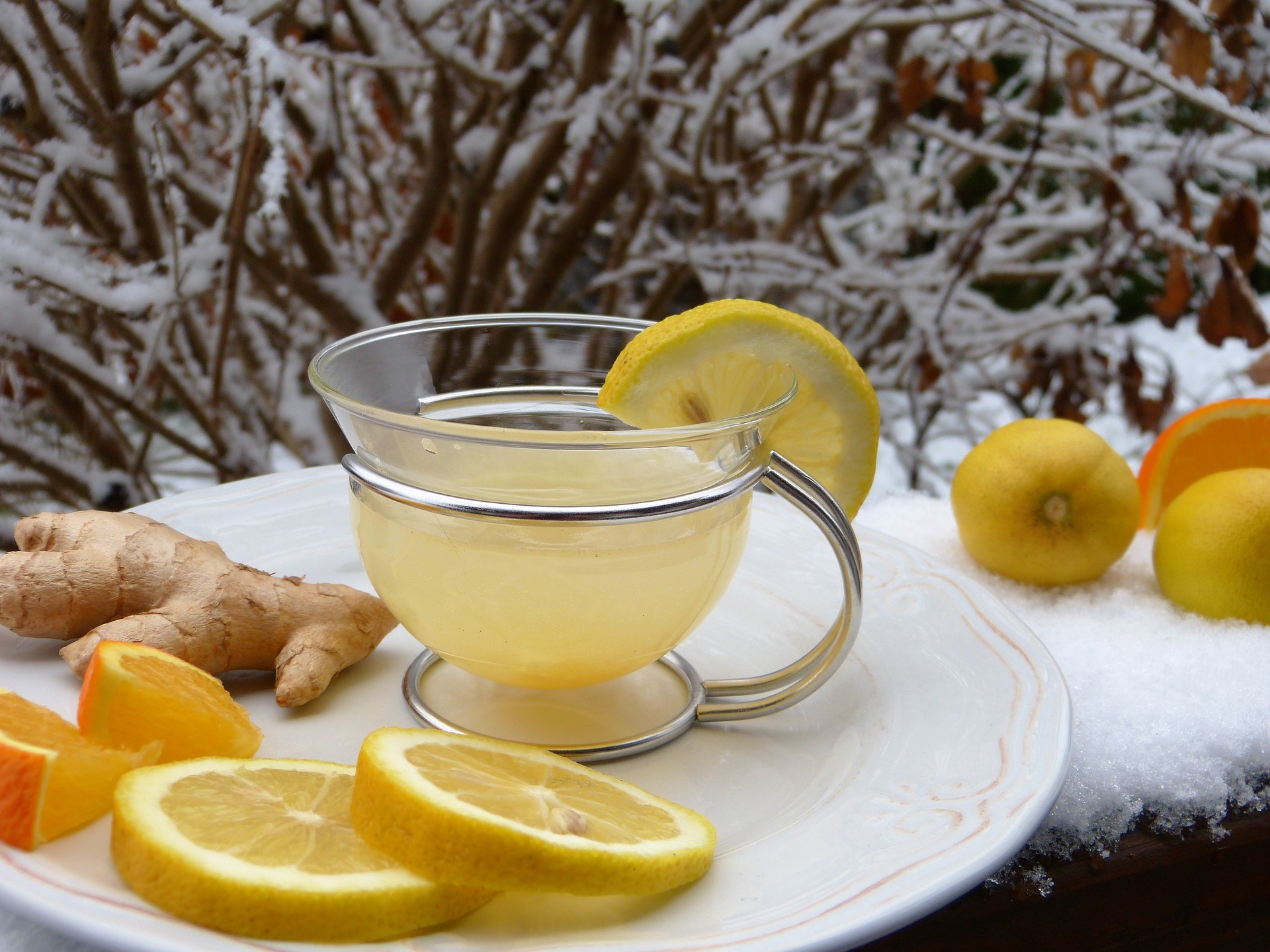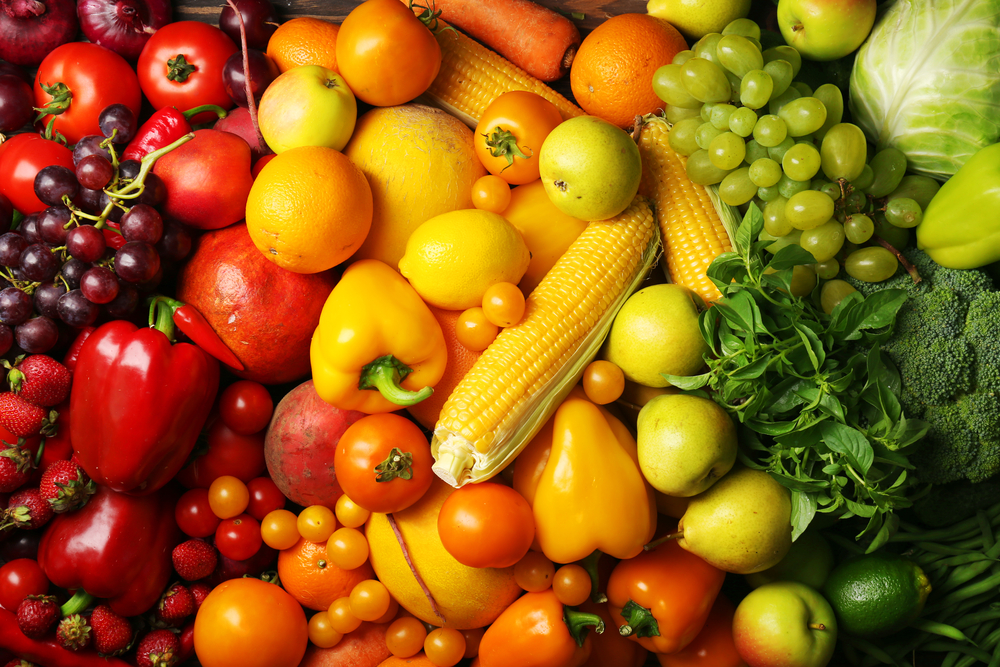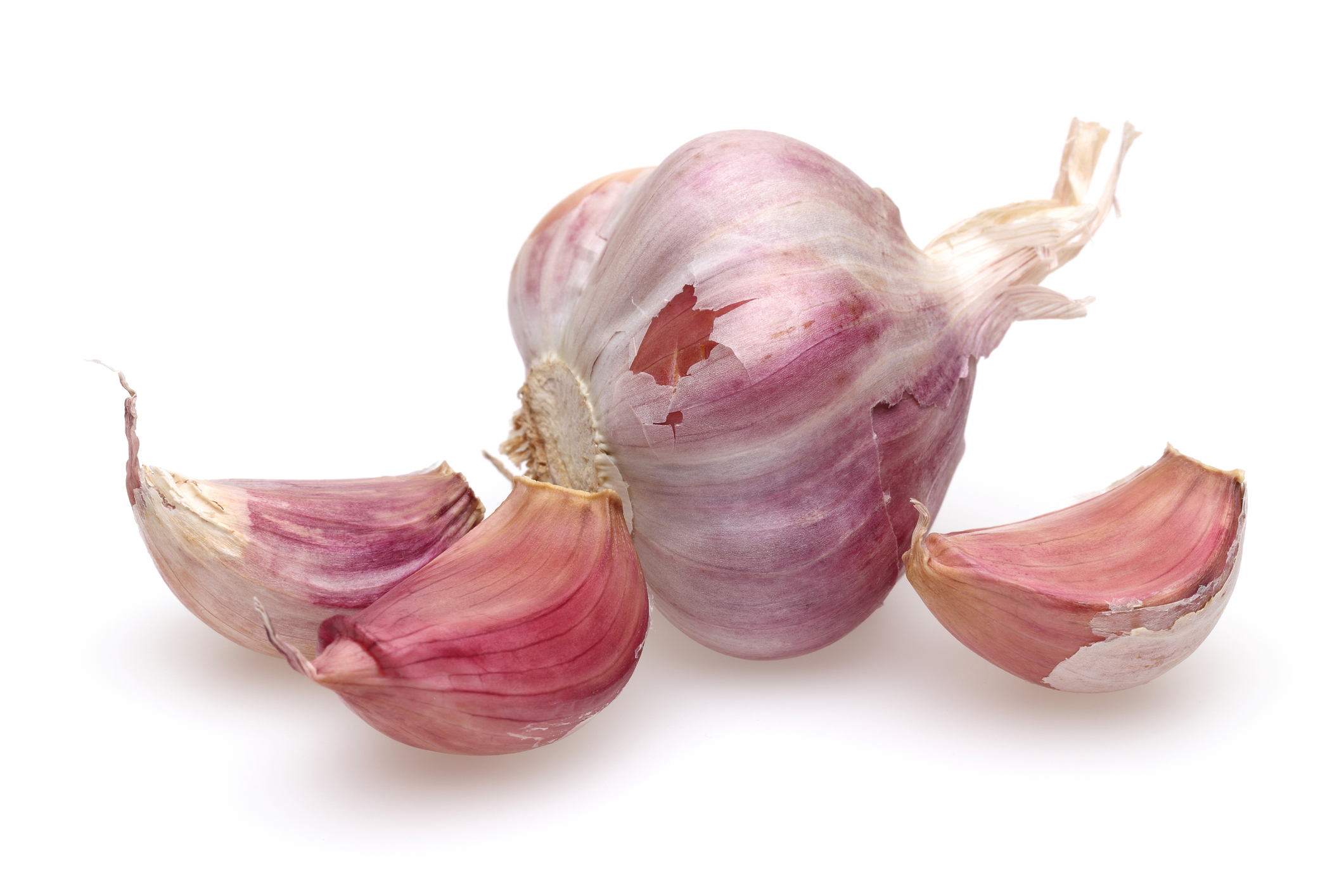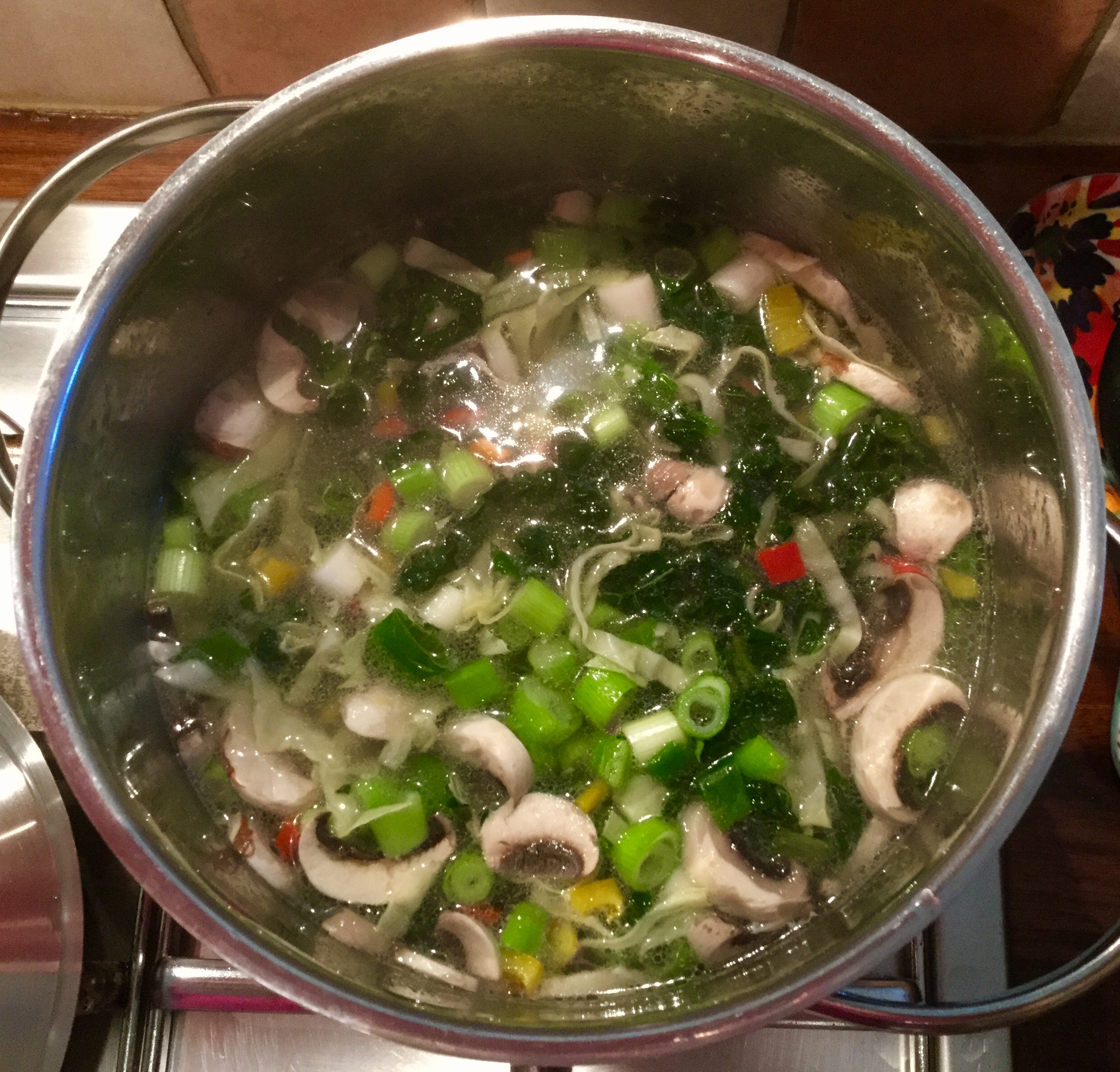Flu Fighters
Oct 25, 2017
Posted by: Monique Parker

Worried about the Aussie flu? Apparently, the flu outbreak in Australia has been the worst for 50 years and it is coming our way.
Flu season normally starts when it is getting colder, but having a cough or a runny nose doesn't necessarily mean that you have the flu.
Flu, officially called influenza, is caused by one of three viruses, influenza A, B or C.
A common cold, however, can be caused by one of more than a hundred different viruses.
So, what is the difference between flu and a cold then? Flu normally starts quite abrupt, while a cold starts more gradually, with a blocked nose and sore throat. Aches and pains are uncommon when you have a cold, but if you ever had flu, you’ll probably remember the aches and pains. Your whole body seems to ache.
With flu, fever is very common and fatigue can sometimes last for up to 3 weeks.
A flu virus can evolve through genetic changes and that is why each flu season, a new flu vaccine often needs to be created. Researchers try to predict which changes are expected to happen to the flu viruses that are currently around. A vaccine is then designed to fight the predicted virus. Sometimes the prediction is accurate, and the flu vaccine works, but sometimes they get it wrong and the vaccine won’t prevent flu.

What can you do to prevent flu?
Flu spreads through water droplets that escape when people cough or sneeze. It is important to use a tissue when you cough or sneeze, and then dispose of the tissue, but unfortunately most people don’t do that. Wash your hands regularly, especially after touching door handles and shopping trolleys.
The immune system protects us against invaders such as the flu virus. However, sometimes the immune system becomes compromised by stress or an unhealthy diet for instance, and that’s when we are susceptible to getting flu.
MY TOP 10 FOR FLU PREVENTION
1. Eat plenty of vegetables and fruit, and make sure to eat as many different coloured ones as possible (eat a ‘rainbow’) to get lots of antioxidants and other nutrients that boost your immune system.

2. Eat good quality protein with each meal.
One of the functions of protein in your body, is to act as immunoproteins (antibodies). Immunoproteins are proteins that are used by the immune system to identify and neutralise foreign invaders, such as viruses and bacteria.
3. Take a good probiotic[i] [ii] and eat fermented foods.
Research has shown that probiotics can improve our immune system. This is not a surprise, given that 70-80% of your immune system is located in your gut! Natural yoghurt, kefir, sauerkraut, kimchi, miso and tempeh are all examples of fermented food.
4. Eat vitamin C rich foods.
We all know citrus fruits are full of vitamin C, but don’t forget the kiwis, papaya, peppers, broccoli, kale, Brussels sprouts and dark leafy green vegetables, that are all high in vitamin C. Research has shown that vitamin C supports and stimulates the immune system.[iii] [iv]
5. Eat garlic.
Garlic supports the immune system.[v] [vi]
 However, you need to crush the garlic to release the allicin, the substance that gives it the immune-boosting properties. To get the best result, leave the crushed garlic to stand for 10 minutes before cooking it.
However, you need to crush the garlic to release the allicin, the substance that gives it the immune-boosting properties. To get the best result, leave the crushed garlic to stand for 10 minutes before cooking it.
If you don’t like to eat garlic, there are garlic supplements available, but a word of warning as garlic supplements can interact with medication. So always check with a practitioner before taking supplements.
6. Try to get some sunshine for vitamin D
And if the sun is not shining, make sure you eat foods that are rich in vitamin D: fatty fish, liver, egg yolk, red meat, cheese, butter, cod liver oil, and fortified foods (foods with added vitamin D). Especially during the winter months, supplementation with vitamin D is recommended. Vitamin D strengthens your immune system.[vii]
7. Cut down on alcohol as it weakens your immune system, and stay hydrated.
8. Eat foods rich in beta-glucans.
Oats, barley, Brewer’s yeast, seaweed and mushrooms such as Shiitake or Reishi are good sources of beta-glucans.[viii] Beta-glucans are a type of sugars (polysaccharides) that boost the immune system.[ix] [x]
9. Try Elderberry extract or Olive Leaf Extract.
Elderberry[xi] and Olive Leaf[xii] both have antiviral activity against flu.
10. Manage your stress and make sure you sleep well.
Chronic stress could compromise your immune system and make you more susceptible to getting the flu. A high level of cortisol, one of the stress hormones, suppresses the immune system. Exercise, relaxation through yoga or meditation and getting enough sleep all help manage stress. Sleep deprivation affects your immune system.
And if you do end up getting the flu or a nasty cold, a big bowl of homemade chicken soup is a fabulous food to eat while feeling unwell:
- it helps congestion
- it is hydrating
- it contains cysteine which helps to thin mucus
- it contains lots of nutrients that support the immune system
- it is easy to digest
- and don’t forget to add onion, garlic, ginger or turmeric, as they all boost your immune system

References
[i] Yan, F., & Polk, D. B. (2011). Probiotics and immune health. Current Opinion in Gastroenterology, 27(6), 496–501. https://www.enviromedica.com/probiotics-immune-system
[ii] Hao Q. et al (2015). Probiotics for preventing acute upper respiratory tract infections.
Cochrane Database Syst Rev. 2015 Feb 3; (2):CD006895. Epub 2015 Feb 3. https://www.ncbi.nlm.nih.gov/pubmed/25927096
[iii] Gorton H.C. & Jarvis K. (1999). The effectiveness of vitamin C in preventing and relieving the symptoms of virus-induced respiratory infections. J Manipulative Physiol Ther. 1999 Oct;22(8):530-3. https://www.ncbi.nlm.nih.gov/pubmed/10543583
[iv] https://www.naturalhealth365.com/vitamin-c-cold-symptoms-flu-1633.html
[v] Nantz M.P. et al (2012). Supplementation with aged garlic extract improves both NK and γδ-T cell function and reduces the severity of cold and flu symptoms: a randomized, double-blind, placebo-controlled nutrition intervention. Clin Nutr. 2012 Jun;31(3):337-44. https://www.ncbi.nlm.nih.gov/pubmed/22280901
[vi] Arreola, R. et al (2015). Immunomodulation and Anti-Inflammatory Effects of Garlic Compounds. Journal of Immunology Research, 2015, 401630. https://www.hindawi.com/journals/jir/2015/401630/
[vii] Mitsuyoshi Urashima et al (2010). Randomized trial of vitamin D supplementation to prevent seasonal influenza A in schoolchildren. Am J Clin Nutr May 2010 vol. 91 no. 5 1255-1260. http://ajcn.nutrition.org/content/91/5/1255.full
[viii] http://healthyeating.sfgate.com/foods-rich-beta-glucan-10426.html
[ix] Akramiene, D. et al (2007). Effects of beta-glucans on the immune system. Medicina (Kaunas). 2007;43(8):597-606. https://www.ncbi.nlm.nih.gov/pubmed/17895634
[x] Talbott, S., & Talbott, J. (2009). Effect of BETA 1, 3/1, 6 GLUCAN on Upper Respiratory Tract Infection Symptoms and Mood State in Marathon Athletes. Journal of Sports Science & Medicine, 8(4), 509–515. https://www.ncbi.nlm.nih.gov/pmc/articles/PMC3761532/
[xi] Zakay-Rones, Z. et al (2004). Randomized study of the efficacy and safety of oral elderberry extract in the treatment of influenza A and B virus infections. (abstract) J Int Med Res. 2004 Mar-Apr;32(2):132-40. https://www.ncbi.nlm.nih.gov/pubmed/15080016
[xii] Omar, S. H. (2010). Oleuropein in Olive and its Pharmacological Effects. Scientia Pharmaceutica, 78(2), 133–154. https://www.ncbi.nlm.nih.gov/pmc/articles/PMC3002804/






